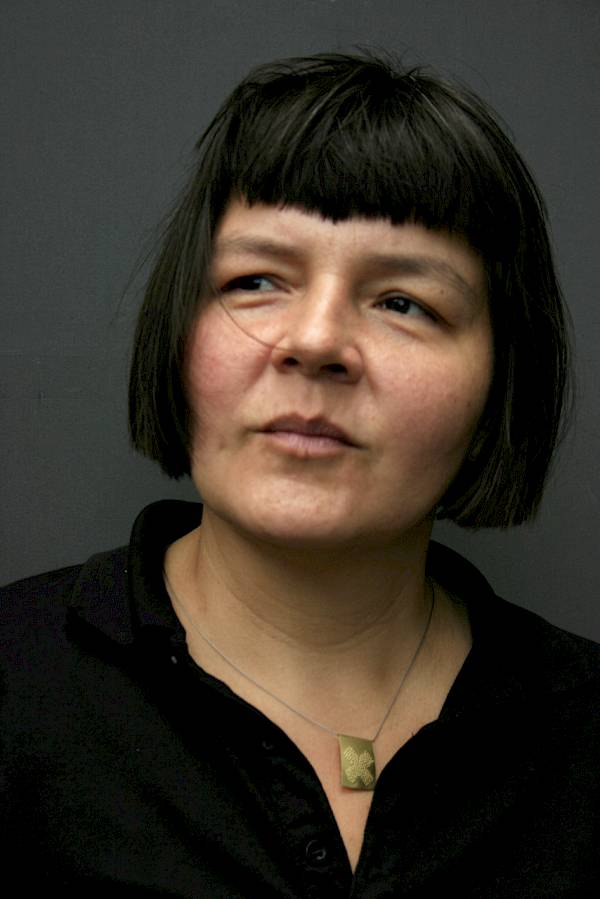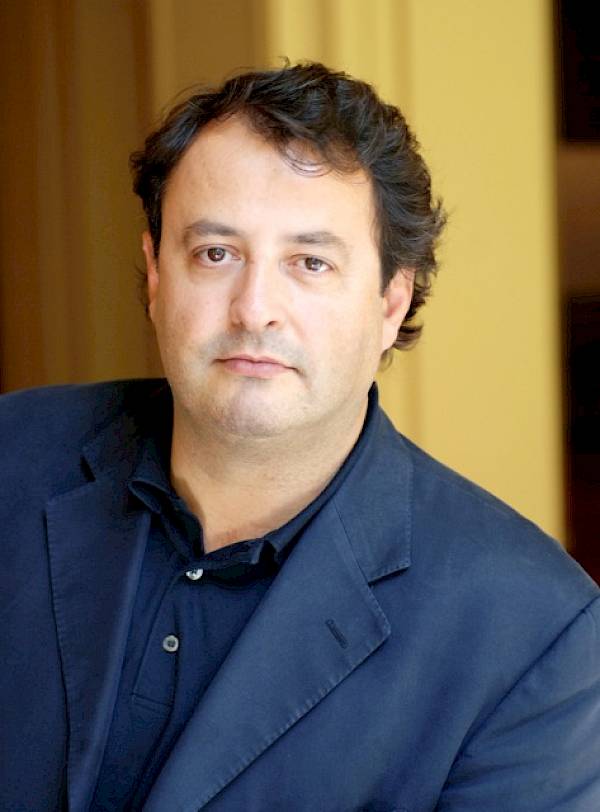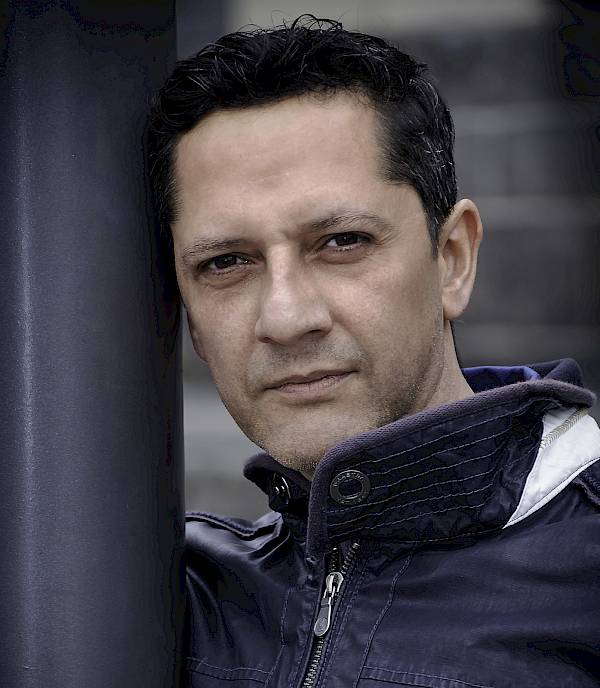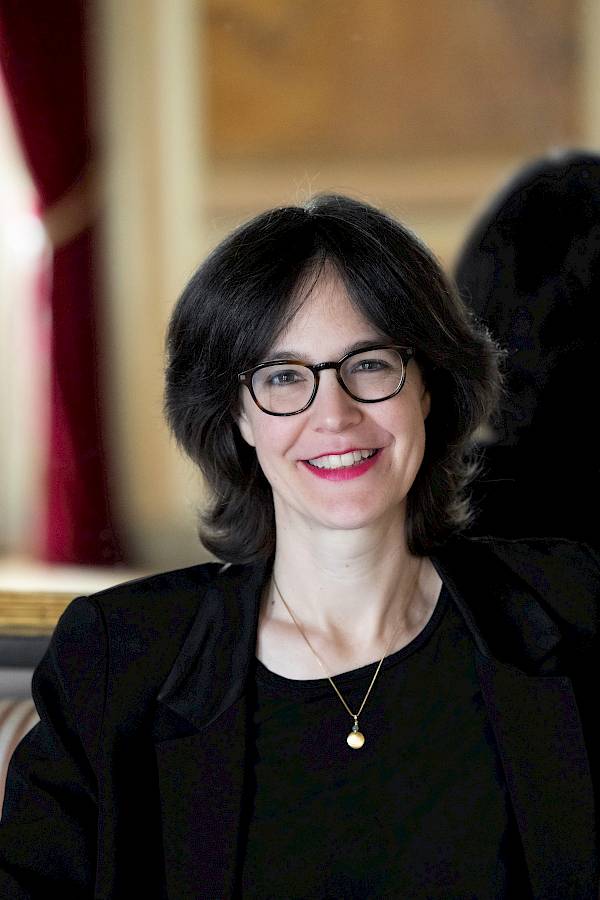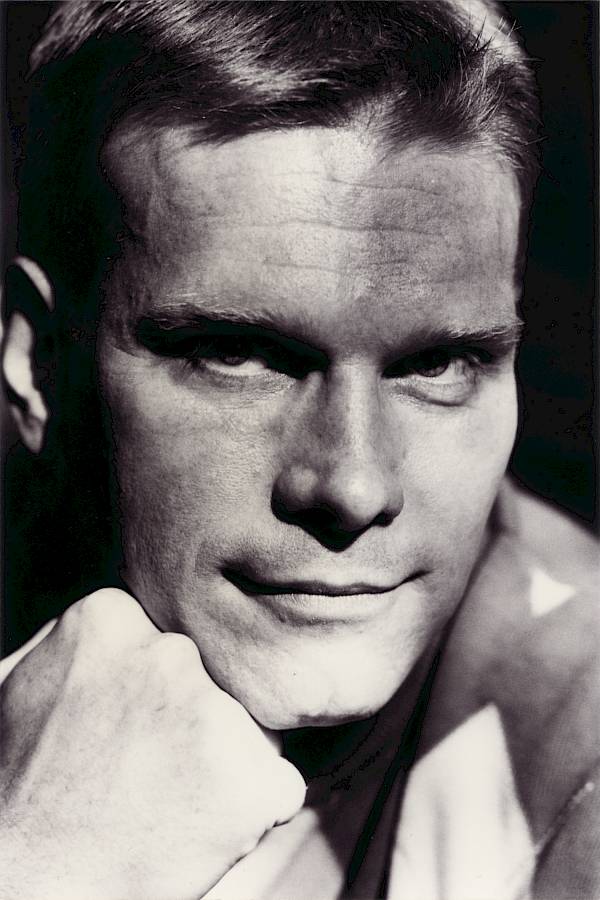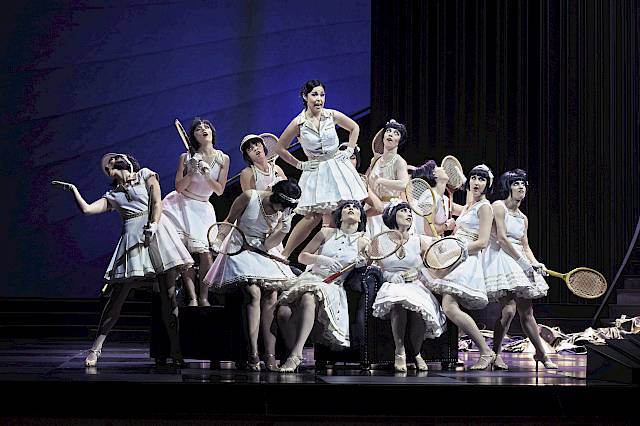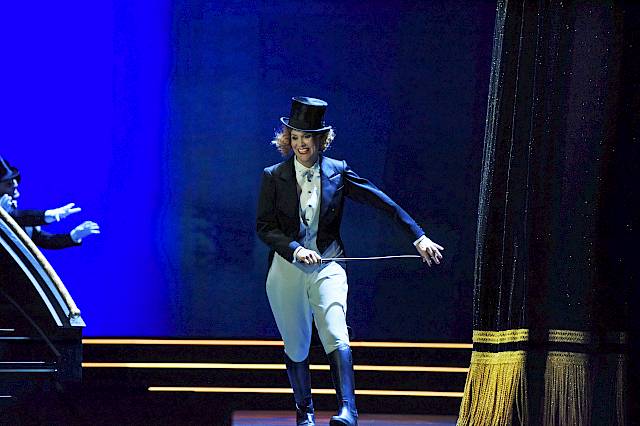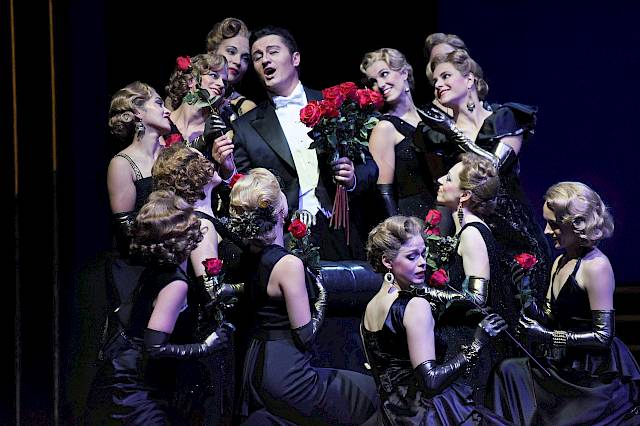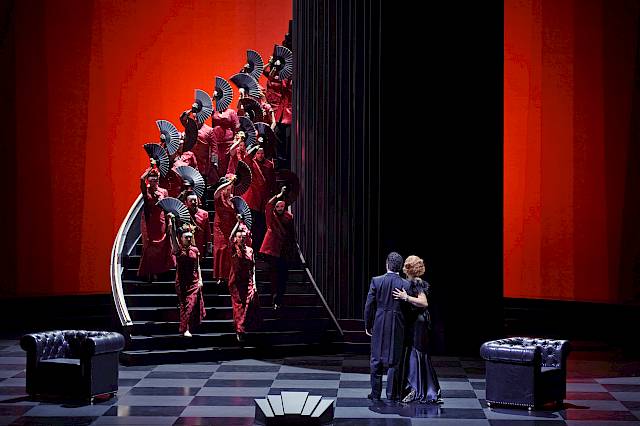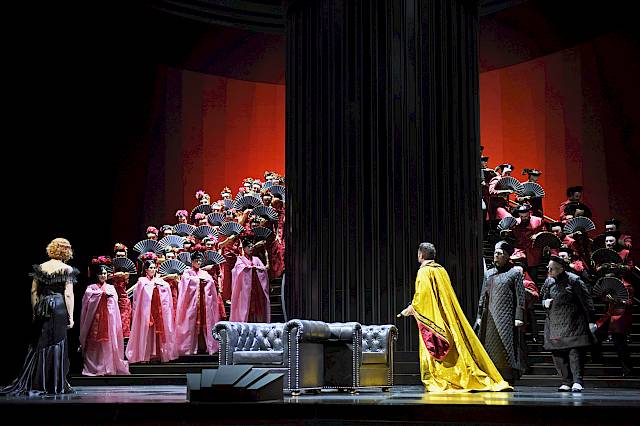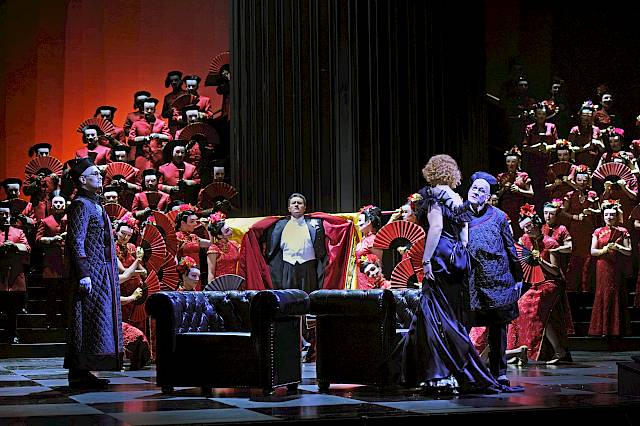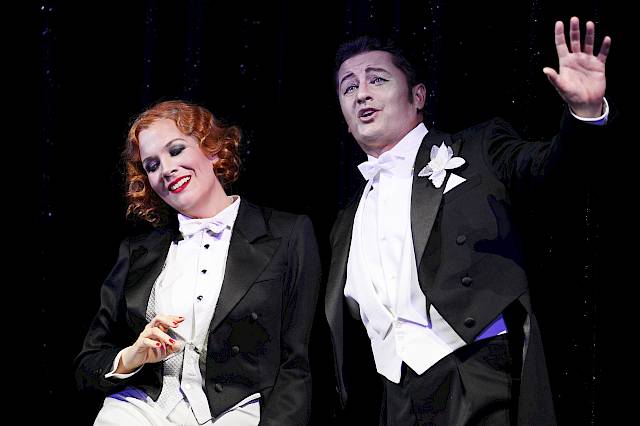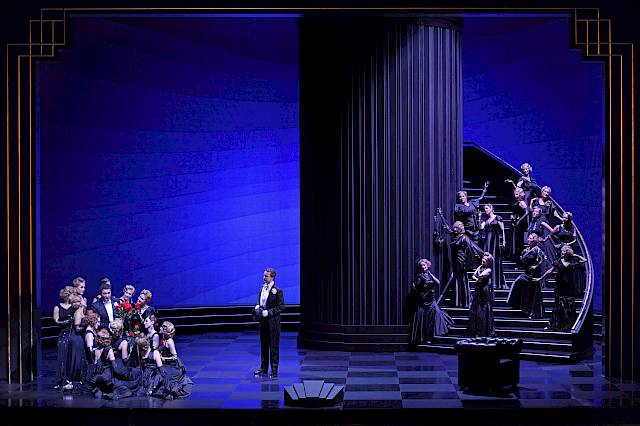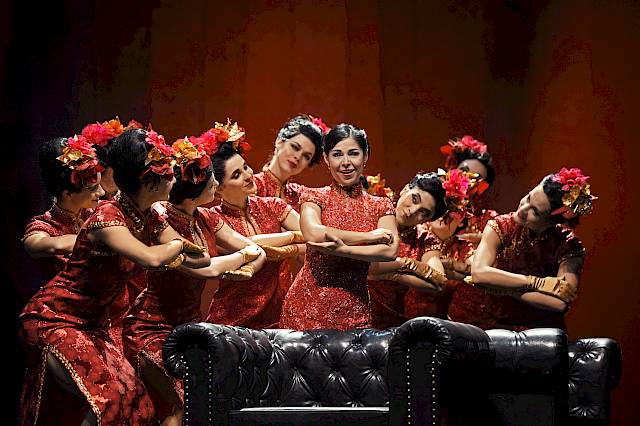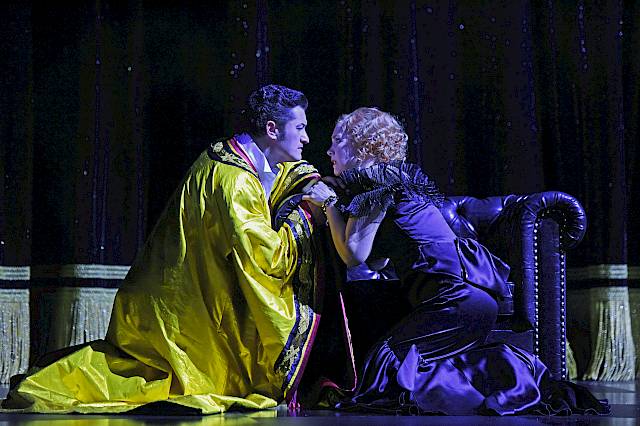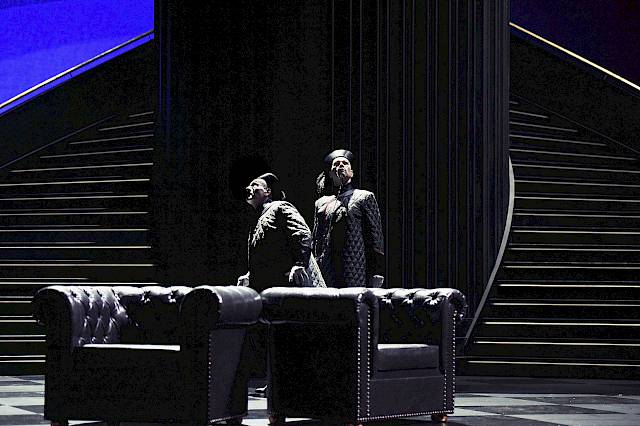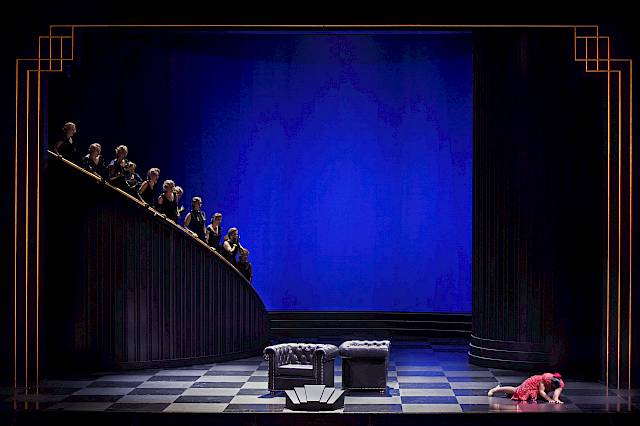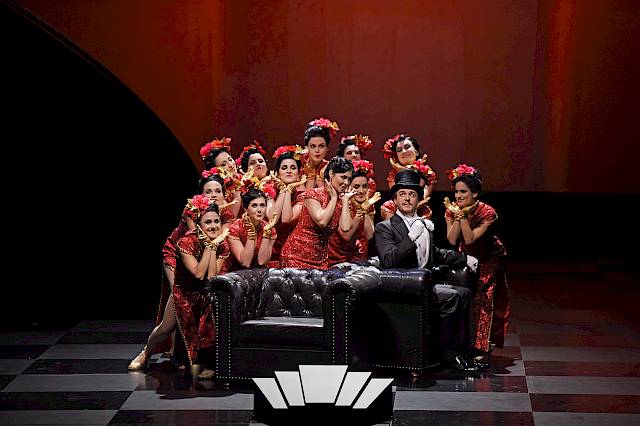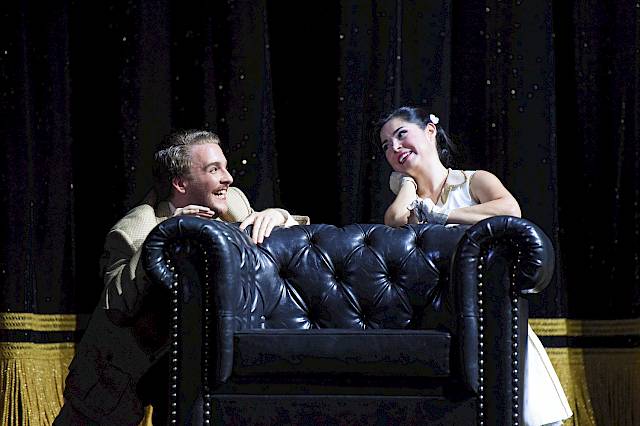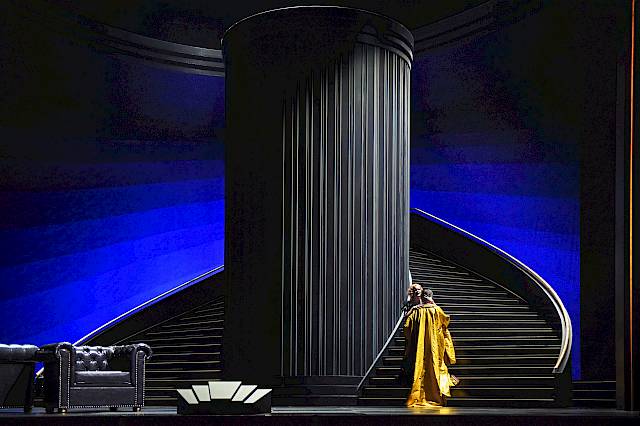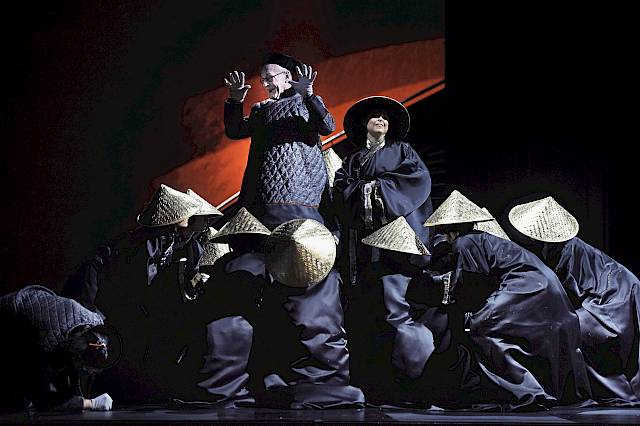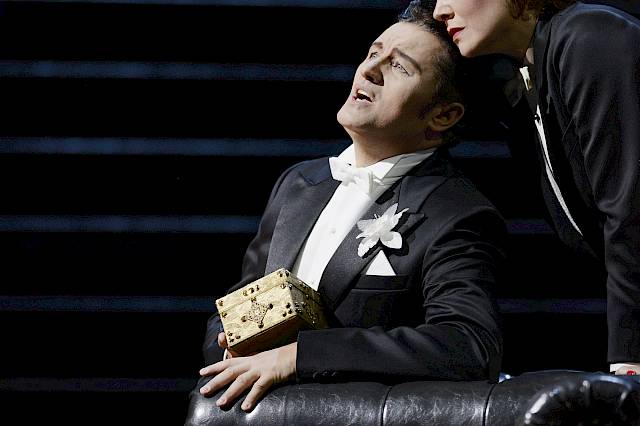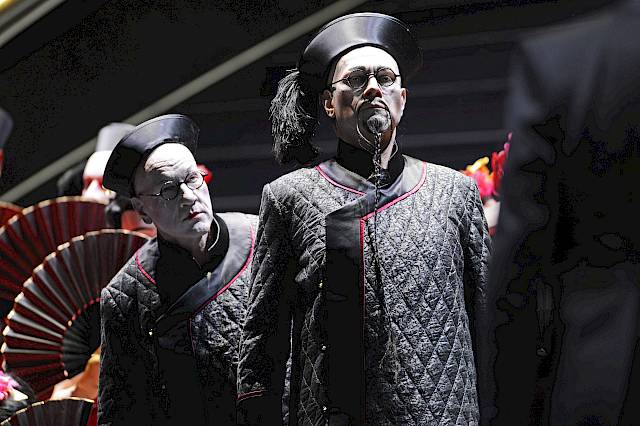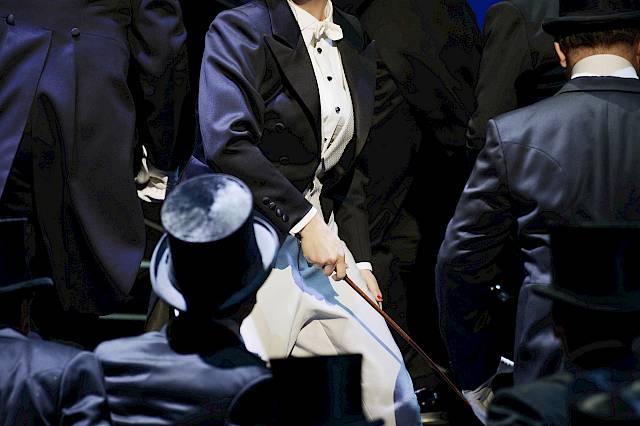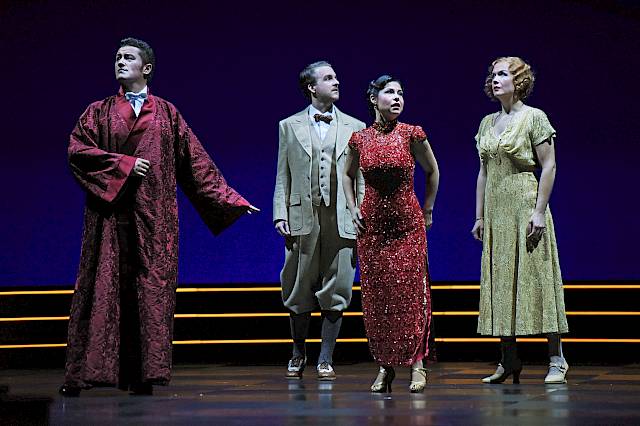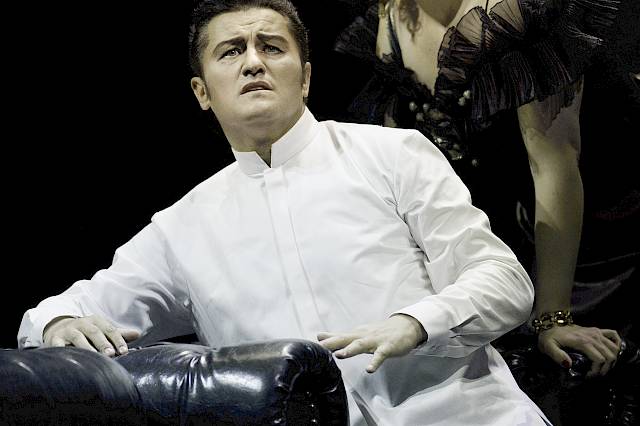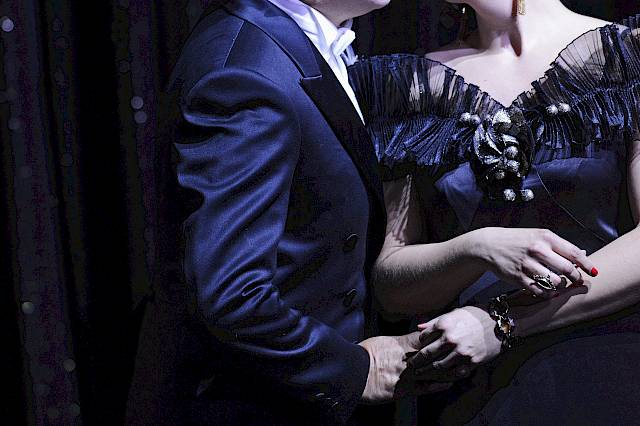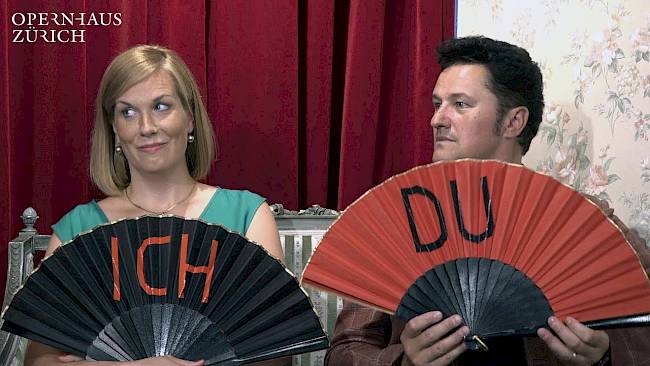Abstract
“Always smile and always be cheerful, always satisfied, no matter what happens, smile in spite of your sorrows and a thousand aches and pains,” sings Prince Sou-Chong, thus introducing the fundamentally melancholy tone of this operetta, which even has a tragic ending in store. Das Land des Lächelns is one of Franz Lehár’s late operettas, which are stylistically a far cry from the frivolous Viennese operetta of the turn of the 20th century and whose symphonic density is reminiscent of the great film scores.
In Das Land des Lächelns, twoyoung people from different cultures meet: during his sojourn in Vienna, the Chinese diplomat Prince Sou-Chong meets Lisa, who is from an aristocratic family. The two are attracted to one another and fall in love. When Sou-Chong is appointed Chinese prime minister, Lisa follows him to Peking, where she is confronted with strange customs and ancient traditions that put her love for Sou-Chong to the test. In the end it becomes clear that the two worlds are incompatible and will not allow the pair to share a future.
Opera writers have always been fascinated by the allure of the unfamiliar – and the psychological and social conflicts it entails. Asian subjects were particularly fashionable during the fin de siècle period, of which Puccini’s Madama Butterfly is only the most prominent example. However, Lehár’s operetta owes its popularity to one song in particular, which was linked with one of the greatest tenors of the time: “Dein ist mein ganzes Herz” (My heart is entirely yours), with which Richard Tauber sang his way into the hearts of millions. For our revival, world star Piotr Beczala, who cultivates the tradition of the famous Tauber style like no other, will be returning to Zurich Opera House as Sou-Chong; he has an equal partner in Julia Kleiter as Lisa. Fabio Luisi and Andreas Homoki also know that the genre of operetta requires particular care – which is wh they have assumed personal responsibility for this production.





